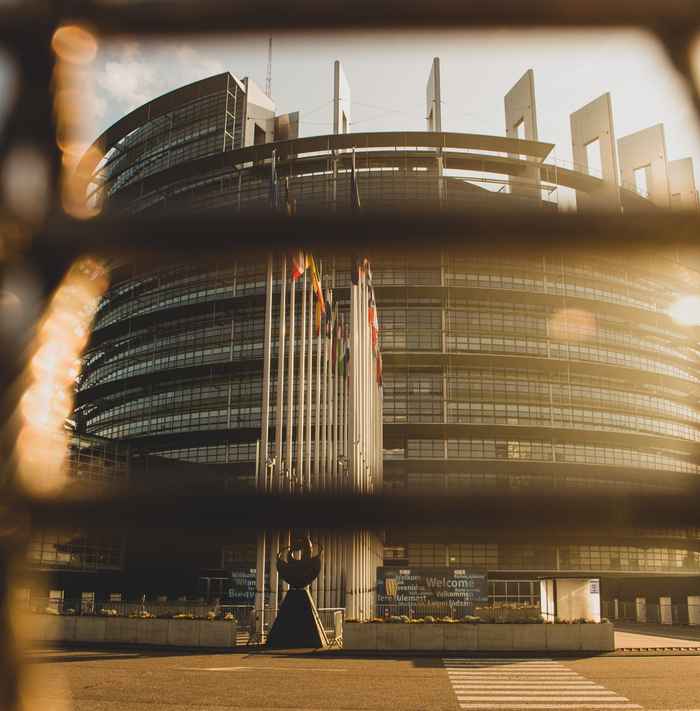Honoursmodule: Material Europe: Networks and the Technopolitics of European Integration (6 ECTS)
How did material and technological aspects enable the integration and/or disintegration of Europe? How did networks of trains, roads, boats and planes contribute to the integration of Europe?

The course studies how Europe’s past and present has been made through networks, infrastructures and technologies.
What is the political impact of telecommunication and electricity networks, information technologies, artificial intelligence, smart grids, pipelines, financial infrastructures or large infrastructural systems and constructions such as hydropower dams for making the European Union? How do advanced population control instruments and border technologies make or break Europe? What sort of Europe is built through environmental technologies ranging from labeling, ecological corridors, circular technologies, to green energy systems?
These examples show that material networks and technologies matter for European politics. European integration is typically understood as political, economic or legal integration of its Member States and the formation of integrated political institutions such as the current European Union. European integration is hence often exclusively seen as a political process, comprising a variety of political actors, ranging from states, government leaders, national bureaucracies, and European institutions such as the European Commission and Parliament, to political parties, and interest groups.
This course instead shifts the focus from studying the role of political actors to looking at the role of material networks and infrastructures as a way to examine the technopolitics of European integration. It shows that nature, the material and the political are not separate worlds, but are deeply intertwined.
Coordinator
Peter-Wim Zuidhof
Timetable
All lectures will take place on-campus and we assume you can be physically present during the scheduled hours. You can find the timetable on Datanose.
Registration
Registration is possible for students participating in an Honours programme. The registration for the Honours courses will start on June 5, 10 am - June 11, 11.59 pm. You can register through the online registration form that will appear on Honoursmodules IIS. (registration is NOT through SIS)
Please note: There is no guarantee for placement if you register after June 11, so make sure you register on time. You will hear which course(s) you are registered for before June 30.
For questions about registration, please contact us at: Honours-iis@uva.nl
More information
- Credits
- 6 ECTS,
- Language of instruction
- English
- Starts in
- October